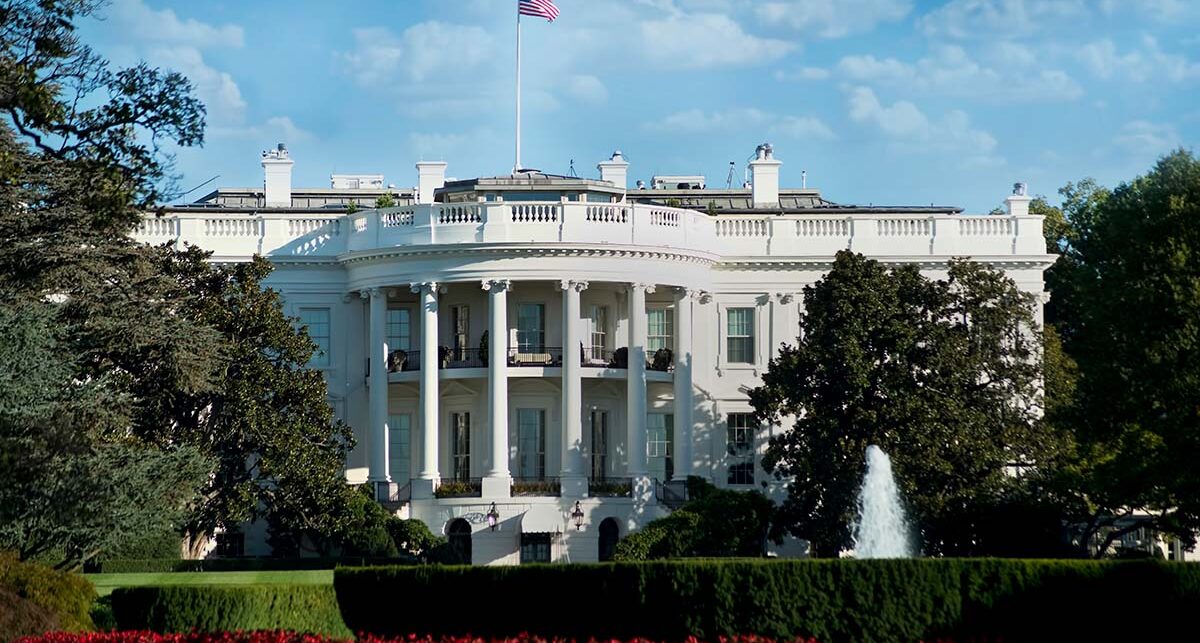
Insight
Targetfollow Team Goes the Distance at the London Marathon
2nd May 2025
8th November 2024
The election of Donald Trump as the next US president has sparked a spectrum of reactions worldwide, and the UK is no exception. Trump’s unexpected and decisive victory has raised questions about how his administration could influence the global economy, particularly the property market in the UK. In this week’s blog, we’re diving into expert insights on what Trump’s presidency might mean for UK investors, homeowners, and real estate markets.

According to Tom Bill, head of UK residential research at Knight Frank, the market’s response to Trump’s victory can be divided into “immediate” and “longer-term” effects. Initially, financial markets appeared relieved by the conclusive result, with minor increases in UK gilt yields and a slightly stronger dollar relative to the pound. These early market movements suggest a “wait-and-see” attitude, rather than an extreme reaction to Trump’s win.
In the longer term, however, Trump’s proposed economic policies – such as increased tariffs, reduced reliance on cheaper imported labour, and tax cuts – could have inflationary effects. Such policies may prompt the US Federal Reserve to maintain higher interest rates for an extended period. Rising US Treasury yields could eventually push up UK mortgage rates as well – creating potential challenges for UK buyers, sellers, and homeowners considering re-mortgaging.

For the UK, this new economic landscape offers both challenges and opportunities. The recent sale of UK debt saw the weakest take-up since December 2023, reflecting some uncertainty in UK bond markets. However, Savvas Savouri, chief economist at Quantmetriks, notes that if US debt markets become comparatively less attractive, global investors may seek out UK debt, which could exert downward pressure on yields and, by extension, UK mortgage rates.
While this potential capital flow into UK assets could create stability, uncertainties remain – especially surrounding the Labour Party’s approach to borrowing for public sector funding. The possibility of the government needing to borrow more could put upward pressure on interest rates, impacting the housing market.
Beyond immediate interest rate concerns, Trump’s win may create unique opportunities within the prime UK residential property markets. Tom Bill points out that the US administration’s approach to economic policy, combined with Trump’s aim for a weaker dollar, may lead international buyers to view UK properties as attractive investments.
The persistent weakness of Sterling since Brexit has already drawn interest from overseas buyers, and Trump’s administration could accelerate this trend. Bill suggests that buyers from nations like China may seek to diversify their holdings, viewing UK real estate as a hedge against the global dominance of the US dollar. The US dollar may face new competition, and investors worldwide are closely watching how this could reshape the property market.
Further, Trump’s victory could amplify geopolitical tensions, particularly in the Middle East. As a result, there may be renewed interest in London property from buyers in the Gulf region, seeking security and diversification amid heightened regional tensions.
Additionally, political factors could drive relocations. Given Trump’s policies and political stance, some Democrats and high-profile individuals from the US may opt for a life in London, aligning with a government more in tune with their values. As fundraising data shows, the Democratic Party significantly outspent the Republicans in the election, suggesting a high level of financial resources that could channel into the UK property market.

While these developments may be promising, there are competing factors at play that could influence the UK property market. UK homeowners who are re-mortgaging or those weighing the length of their next fixed-term mortgage may wish to take note of the current upward trend in five-year interest swap rates, which rose from under 3.9% to over 4.3% in early November. Although a significant portion of UK homeowners own their properties outright, the rate environment remains crucial for buyers reliant on financing.
Despite these fluctuations, the resilience of the UK housing market is evident, with ample liquidity from cash buyers and investors. Trump’s presidency could encourage international demand, further bolstering market strength.
As global events shape the landscape for property investment and asset management, Targetfollow remains committed to leveraging these dynamics to maximise the value of our properties and investments. With a keen eye on market trends and strategic opportunities, we continuously adapt our portfolio to navigate economic shifts and capitalise on evolving demand.
For all the latest updates regarding Targetfollow’s 2024 projects, visit our Facebook, X and LinkedIn.